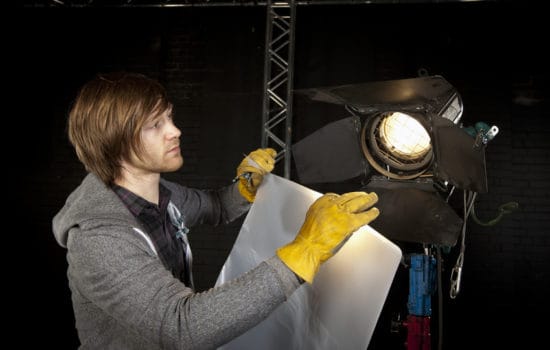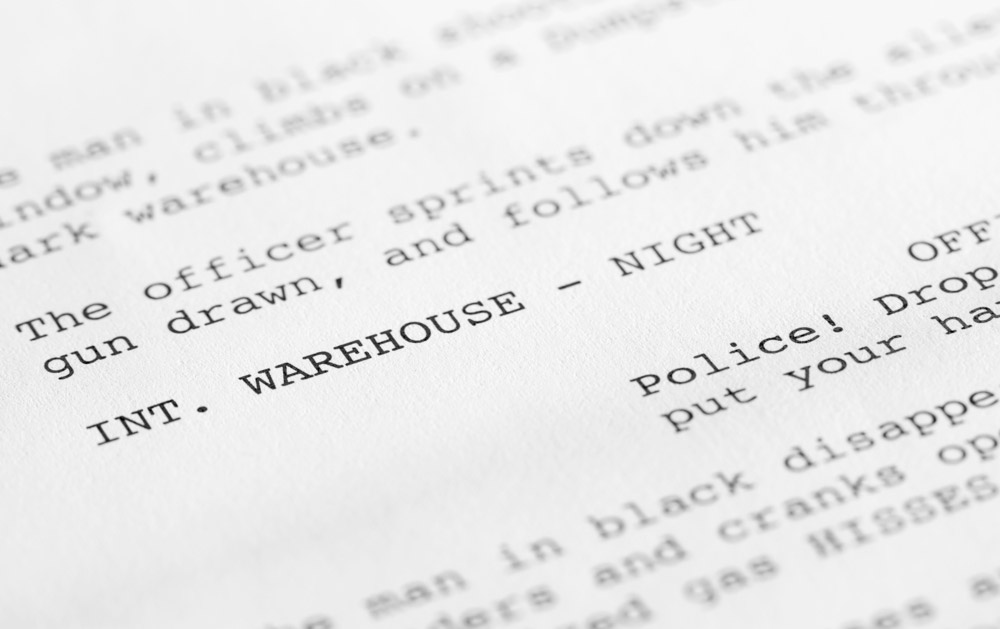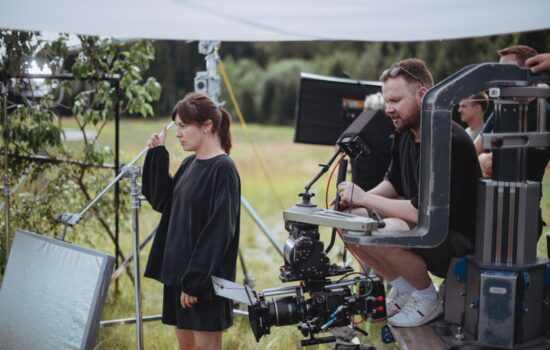Take a look at any screenplay and it quickly becomes clear that scripts come with a formatting all their own. But why can’t they just be written like a novel or magazine article? Well, unlike those other mediums, a script is not the end goal. In fact, it’s only the beginning of what that intended final medium will be: a film. And for that reason, how to write a script for a movie comes with a few absolute elements.
How are scripts written for movies?
Scripts written for movies might get made in any number of ways. Some scripts are spec scripts, which is when a Screenwriter of their own accord writes a script without assignment or payment from a studio, production company, or independent Producer. However, many scripts are written on assignment whereby a Writer is specifically hired to create a screenplay. In addition, scripts often have more than one Writer who shape it into its final form ahead of production on a movie.

























